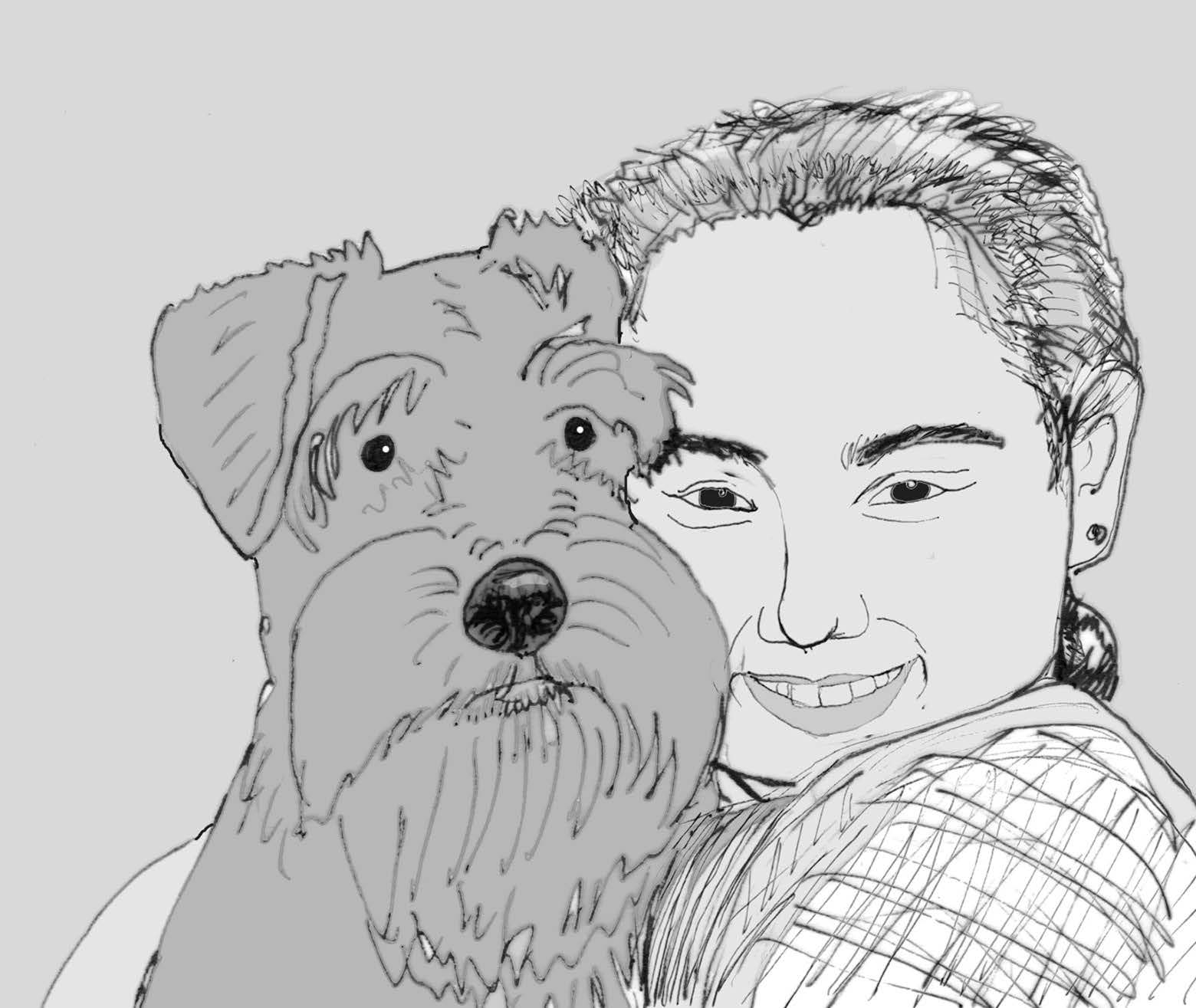
When Sophie Adams was four, she had her first seizure and was diagnosed with epilepsy. Her parents watched in terror as she blanked out, fell down, and then muscles all over her body began twitching. Epilepsy causes seizures and is a genetic disease, which means you are born with it. Sophie’s parents called an ambulance and it took Sophie to the hospital. There, doctors did a lot of tests on Sophie and discovered that she had epilepsy.
Epilepsy can be dangerous because people can’t control their bodies during seizures and can accidentally hurt themselves. Most epileptics don’t remember what happens during their seizures.
Sophie started to take medicine for her epilepsy and continues to take a lot of pills each day. The pills are supposed to help prevent her from having more seizures, but they aren’t able to stop them all. Since her first seizure, an adult has had to be with Sophie all the time to protect her head and keep her body safe in the event that she has a seizure. An adult had to be with her when she played with friends, an adult stayed next to her all day at school, and an adult went with her each time she went to the bathroom.
By the time she turned nine, Sophie was sick and tired of having an adult around her all the time. She wanted privacy and time alone with her friends. She wanted to walk to her friend’s house by herself. She wanted to be more independent.
Sophie’s parents understood and wanted to help Sophie be more independent, too. They heard about a special program that trains dogs to help people with epilepsy. A service dog is specially trained to help people with disabilities or specific illnesses. Training a service dog takes two years and costs about $25,000, but there are many organizations out there that help families pay these costs.
On Sophie’s tenth birthday, her parents gave her a surprise: they introduced her to her new service dog, Buddy. Buddy is a beautiful black Standard Schnauzer with wiry hair and a full beard.
“I love that he has a beard,” laughs Sophie.
Now that she has Buddy, Sophie doesn’t need to have an adult around her all the time. Buddy goes with her everywhere and can sense if she’s going to have a seizure before it starts. He alerts her by sitting up and barking. When Sophie has a seizure, Buddy protects her by crawling under her and supporting her head. This cushions her head and keeps her from banging it against the floor.
Sophie is thrilled with her new Buddy. He goes everywhere with her: he lies next to her chair in the classroom, he runs next to her during P.E, he even goes with her to the bathroom. Sophie is so much happier these days because she feels more independent—more like a regular 10-year-old kid.
“Buddy is my best buddy,” Sophie likes to tell people. And she means it!



 About BeeLine
About BeeLine